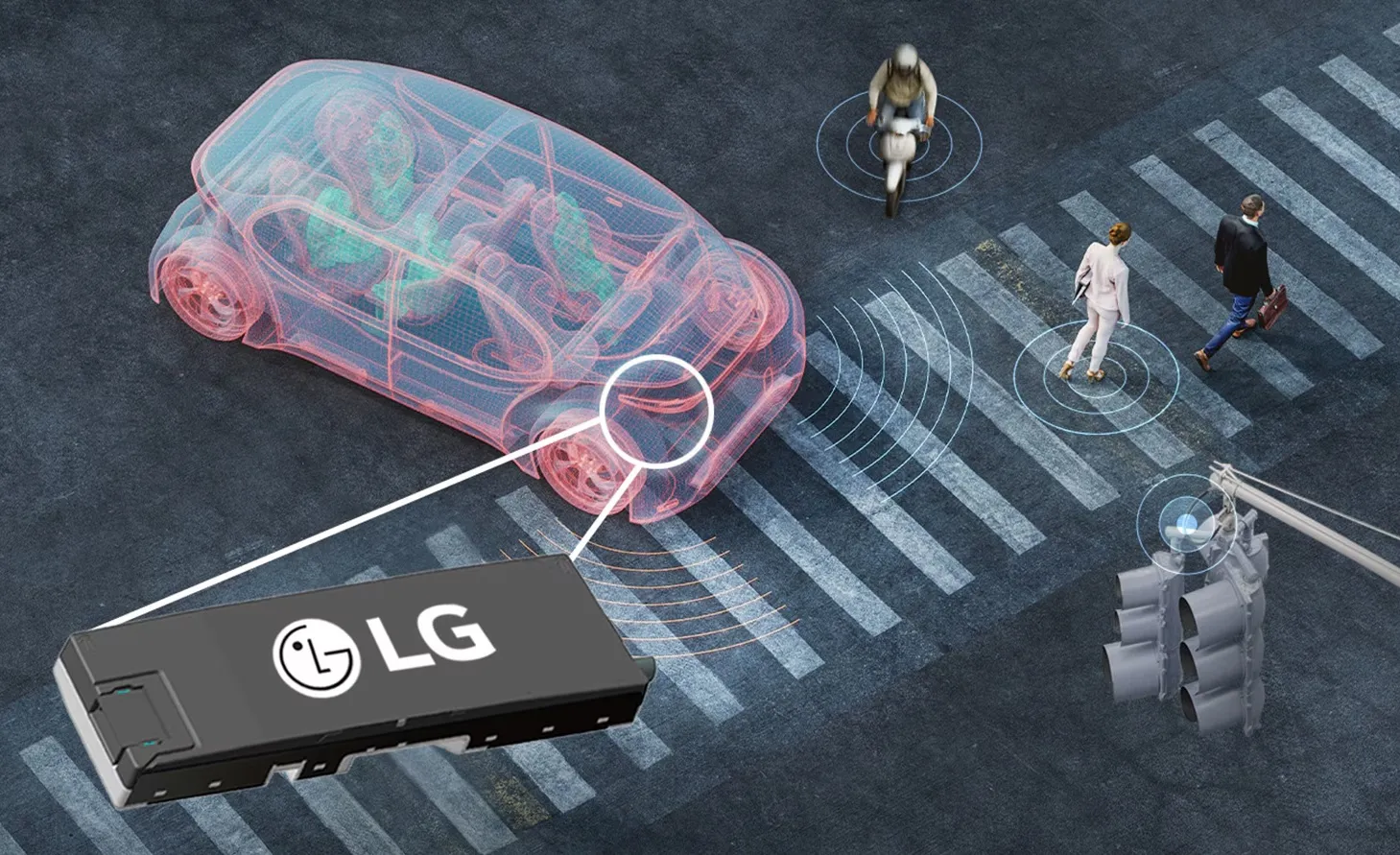Renault's flagship Espace minivan released toxic diesel emissions 25 times over legal limits in a Swiss study, despite complying with EU tests carried out at unrealistically low engine temperatures, a German environmental group said this week.
According to Reuters, the tests commissioned by the DUH group, which have not been independently verified, follow Volkswagen's admission that it used illegal ‘defeat devices’ to cheat diesel emission regulations.
In a statement, Renault said it contested the fin
November 27, 2015
Read time: 3 mins
According to Reuters, the tests commissioned by the DUH group, which have not been independently verified, follow
In a statement, Renault said it contested the findings of the DUH lobby group.
Environmental and consumer groups are leading calls for improved European Union tests to bring soaring car emissions of nitrogen oxides (NOx) and carbon dioxide into line with legal limits.
The DUH, which had earlier singled out General Motors' Opel brand in tests which suggested NOx emissions on the road were higher than those measured in official testing, has turned its fire on France's Renault in a report commissioned from the University of Applied Sciences in Bern.
When run with a warm or hot engine, a 1.6-litre Espace of the latest Euro 6 diesel generation emitted up to 2.06 grammes of NOx per kilometre, the campaign group said, more than 25 times the EU limit. The vehicle met the statutory 80 milligramme cap only with a cold engine after "specific pre-conditioning".
GM last month rejected similar DUH findings on its Opel Zafira model, after running its own tests monitored by Germany's TUV certification body.
The VW diesel scandal has drawn attention to a wider pattern of legal test manipulation that stops short of outright cheating. The EU rules themselves are now acknowledged to be inadequate even by carmakers such as PSA Peugeot Citroen.
Carmakers routinely strip out standard equipment to reduce test vehicles' mass, tape up door joints and fit bald tyres that would be illegal on the road.
Tuesday's DUH findings may shed light on the real-world impact of optimising engines to pass tests only when cold - which would be another tactic allowed by the current regime.
"It's unbelievable that so-called modern diesel vehicles that damage the air we breathe in this way are on the road today," campaigner Axel Friedrich said in the DUH statement.
Friedrich is a co-founder and council member of the Washington-based International Council on Clean Transportation (ICCT), which commissioned the original investigation that led eventually to the exposure of VW's test-rigging.
Europe needs a "comprehensive reorganisation of the system in which mandatory regular controls on the street are integrated", he said.
EU moves to phase in real-world emissions measurements were watered down in committee last month under sustained German-led lobbying.
Volkswagen admitted in September to rigging US diesel emissions tests, unleashing a scandal that forced out longstanding CEO Martin Winterkorn and may cost the group as much as US$43 billion in recall costs, fines and compensation, some analysts estimate.







